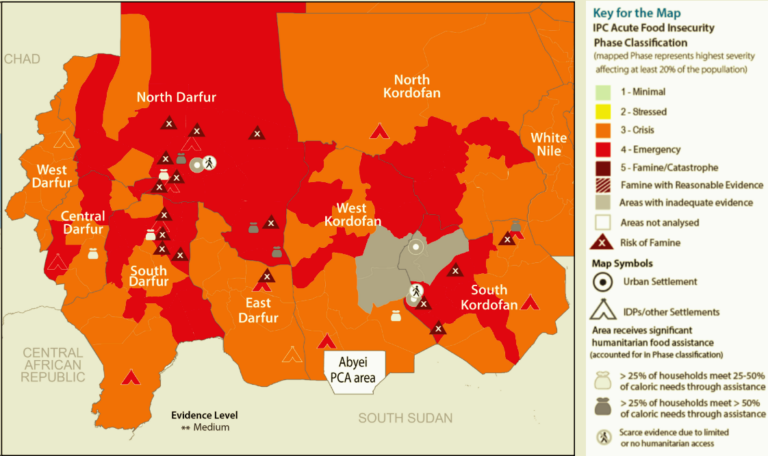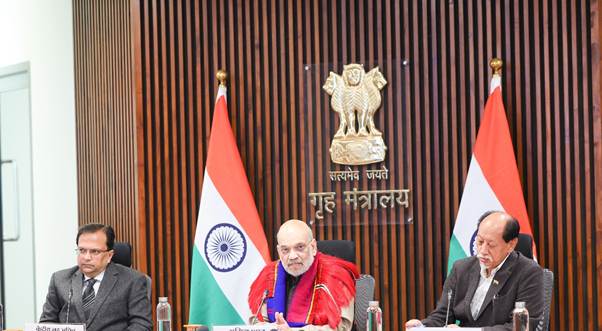
New Delhi: The year 2021 would mark the beginning of implementation of the Paris Agreement. India has ratified the Paris Agreement to enhance the implementation of the United Nations Framework Convention on Climate Change (UNFCCC).
The objective of the UNFCCC is to achieve stabilisation of greenhouse gas concentrations in the atmosphere at a level that would prevent dangerous anthropogenic interference with the climate system. As it is, India is a party to the UNFCCC. The country has ratified the Kyoto Protocol and the Doha Amendment to the Kyoto Protocol under the UNFCCC and constituted the National Clean Development Mechanism Authority (NCDMA) in 2003.
In 2015, India submitted its Nationally Determined Contribution (NDC) for implementation of the Paris Agreement in the post-2020 period. The NDC had eight goals including three quantitative goals – reduction in the emissions intensity of Gross Domestic Product (GDP) by 33 to 35 per cent by 2030 from 2005 level; achieving about 40 per cent cumulative electric power installed capacity from non-fossil fuel based energy resources by 2030; and creating an additional carbon sink of 2.5 to 3 billion tonnes of carbon dioxide equivalent through additional forest and tree cover by 2030.
However, implementation of Article 6 of the Paris Agreement dealing with market, non-market and voluntary approaches, necessitate an inter-ministerial committee to supersede the National CDM Authority (NCDMA) constituted under the Kyoto Protocol. Moreover, the Paris Agreement envisages an ‘enhanced transparency framework’ with new modalities, procedures and guidelines (MPG) for the post-2020 period which will supersede the existing Monitoring, Review and Verification (MRV) system.
Besides, Paris Agreement also establishes process of ‘Global Stocktake’ to periodically take stock of the implementation of this Agreement and assess the collective progress towards achieving the purpose of this Agreement and its long-term goals every five years with first in 2023.
In view of the above requirement, and to re-affirm “India’s seriousness to ‘walk the talk’ on climate change”, the Ministry of Environment, Forest and Climate Change (MoEFCC) today announced of constituting a high-level inter-ministerial Apex Committee for Implementation of Paris Agreement (AIPA) under the chairmanship of Secretary, MoEFCC. The Ministry informed that the AIPA would ensure a coordinated response on climate change matters that protects the country’s interests and ensures that India is on track towards meeting its climate change obligations under the Paris Agreement including its submitted NDCs.
“The constitution of AIPA is central to strengthening the national systems and institutional arrangements for implementation and monitoring of climate actions,” the Ministry stated adding that it will also ensure that India maintains its climate leadership as one the few countries in the world whose climate actions are consistent with the goals of the Paris Agreement.
Senior officials from fourteen ministries will serve as members to AIPA who will oversee the progress in implementation of India’s NDC and receive periodic information updates to monitor, review and revisit climate goals to fulfil the requirements of the Paris Agreement.
Another key function of AIPA would be to operate as a National Authority to regulate carbon markets in India under Article 6 of the Paris Agreement, formulate guidelines for consideration of projects or activities under Article 6 of the Paris Agreement, issue guidelines on carbon pricing, market mechanism, and other similar instruments that have a bearing on climate change and NDCs. It will take note of the contributions of the private sector as well as multi-/bi-lateral agencies in the field of climate change and provide guidance for aligning their climate actions with national priorities.
– globalbihari bureau






Good and welcome news.
Your style is really unique in comparison to other people I have read stuff from. Thanks for posting when you’ve got the opportunity, Guess I will just book mark this web site.